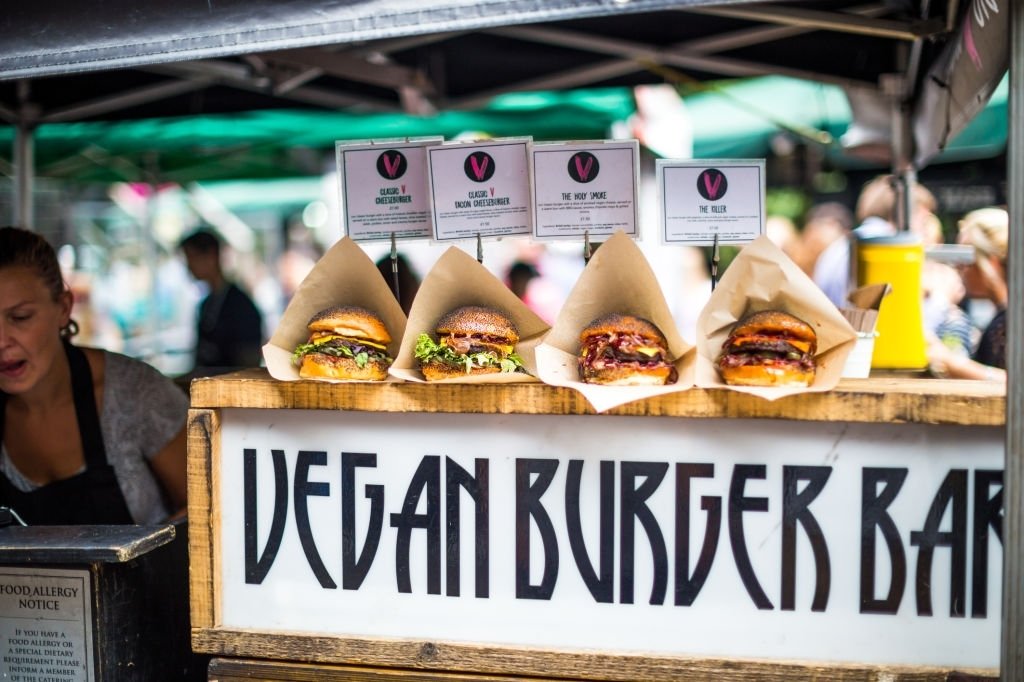Embarking on a vegan lifestyle can be exciting yet daunting for first-timers. In this article, we will share some essential tips for beginner vegan chefs to help you thrive in the kitchen and create delicious, nutritious plant-based meals. Read on to steal my best tips and learn from my mistakes.
When getting started on your vegan journey, it is essential to have a well-planned grocery list to ensure you have all the necessary ingredients for a successful cooking experience. Make sure to include staples like grains, legumes, nuts, seeds, fruits, vegetables, and plant-based proteins, such as seitan, tofu, and tempeh.
Stock Your Pantry
- Variety is crucial to ensure a balanced vegan diet. Explore different types of beans, grains, seeds, and plant-based proteins to keep your meals interesting and nutritious.
- A well-stocked pantry should include a range of herbs and spices, as they add life to your vegan dishes. Be sure to include essentials like cinnamon, cumin, turmeric, and chili flakes.
“Having essential herbs and spices on hand can make the difference between a bland meal and a flavor-packed dish.”
- Don’t forget about condiments and sauces, like vegan mayonnaise, black bean sauce, and tamari. Experiment with new options to find your favorites.
Master the Art of Vegan Substitutions
One of the many challenges beginners face when cooking vegan meals is finding suitable replacements for dairy, eggs, and meat.
Here are some common substitutions you can use:
- Flaxseeds or chia seeds mixed with water can act as an egg replacement in baked goods.
- Nutritional yeast adds a cheesy umami flavor to dishes like pasta or grain bowls.
- Mushrooms can replace meat in many recipes due to their chewy and flavorful texture.
Remember, practice makes perfect! Experiment with different vegan-friendly ingredients until you find the perfect balance in taste and texture for your dishes.
Embrace the Art of Meal Prep
Having a meal plan in place takes the stress out of cooking, helping you stay consistent with your vegan lifestyle. Here are some tips to consider:
- Batch cook grains and legumes at the beginning of the week to save time in the kitchen.
- Cook and freeze entire meals or components of meals for quick weeknight dinners.
- Prep vegetables and store them in airtight containers to maintain freshness and make cooking easier.
Experiment with Various Cooking Techniques
Branch out and try different vegan cooking methods such as stir-frying, baking, grilling, and steaming. Each method brings out the unique flavors and textures of ingredients and helps keep your meals exciting.
Get Inspired
Search for vegan recipes online, watch vegan cooking shows, or attend a vegan cooking class. Inspiration from fellow vegans can help improve your cooking skills and introduce you to new ingredients and techniques.
Be Patient and Have Fun
Embrace the learning process and remain patient as you develop your vegan cooking skills. Celebrate every culinary success and learn from every hiccup. Remember, becoming a vegan chef extraordinaire takes time, practice, and creativity. Embrace your authentic self as a vegan and have fun expressing your passion through delicious vegan cuisine!
Conclusion: Vegan Cooking Tips for Beginners
In conclusion, becoming a skilled vegan cook may seem challenging at first, but with the right tips and guidance, anyone can master the art of preparing delicious plant-based meals. Stock up on essential ingredients and versatile substitutions, embrace meal prepping to stay organized, explore different cooking techniques and seek inspiration from various sources. Remember, patience is key as you navigate through your vegan journey. Have fun in the kitchen and let your passion for healthy, cruelty-free cooking drive you to create tasty and satisfying dishes that benefit both your body and the environment.


